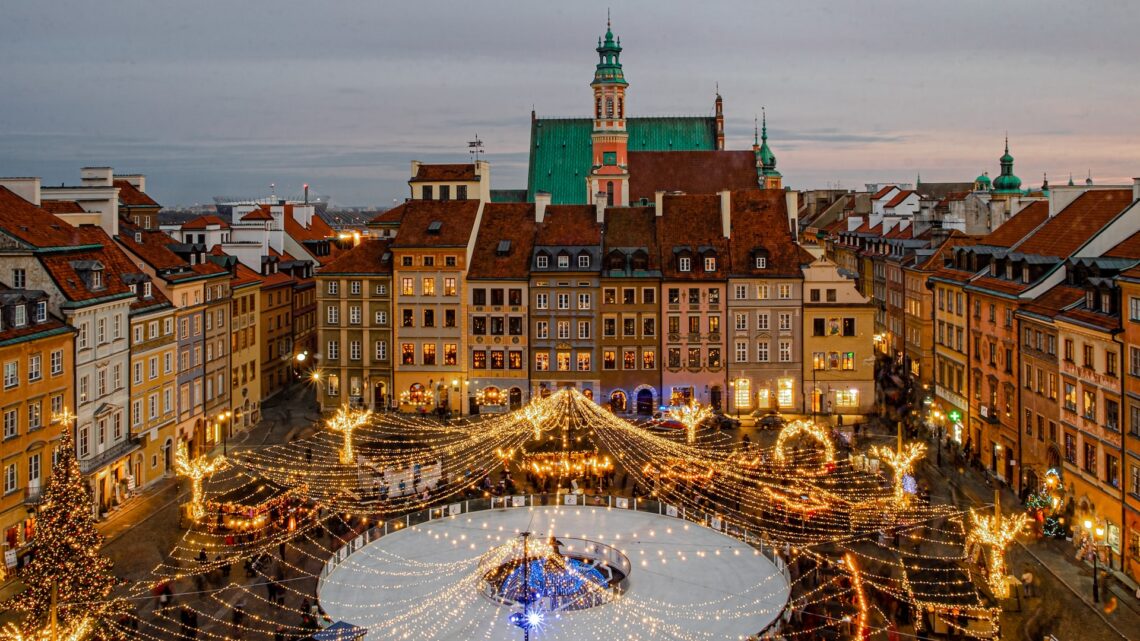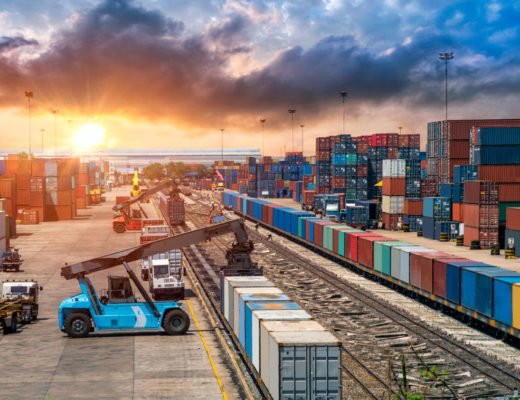Poland’s economy: an overview of major changes
As in other EU countries, Poland’s economy is weakening amid rising inflation. According to the statistical bureau, last month the level of the latter was more than 16%, this figure is 2.2% higher than recorded in the previous quarter. The government believes that in the near future inflation will stabilize, perhaps even decrease. At the same time, analysts expect inflation to rise again early next year. The Polish Prime Minister notes that his team is doing everything necessary to keep the level above 20%.
In addition to rising inflation, an important problem for the government remains the difficult situation in the fuel market. This has forced officials to revise a number of laws adopted earlier. First of all, it is about subsidizing the population for the purchase of coal. Now about 636 euros per family is allocated for the purchase of raw materials. However, the government intends to tighten the rules for obtaining this amount, as some households are divided into small ones so that each can apply for the subsidy. The authorities carefully check the applications, if several households live at the same address, only one of them will receive the subsidy, and the choice will be in favor of the one who first sends a request. As for economic indicators in Poland last month, the volume of retail sales in the country increased by 7.6% compared to the same figures last year. The transport sector is also gaining momentum. Since September, a new canal in the port of Nowy Svyat is available for ships, which was the first project of a large-scale program of modernization of the shipping infrastructure. Work is also underway to deepen the bay and riverbed, as well as to reconstruct facilities at the port on the Elbląg River.
As for economic indicators in Poland last month, the volume of retail sales in the country increased by 7.6% compared to the same figures last year. The transport sector is also gaining momentum. Since September, a new canal in the port of Nowy Svyat is available for ships, which was the first project of a large-scale program of modernization of the shipping infrastructure. Work is also underway to deepen the bay and riverbed, as well as to reconstruct facilities at the port on the Elbląg River.
The new navigable canal is an excellent opportunity for the development of the region. In addition, the presence of the path will increase the country’s security and make its transport industry less dependent on a number of countries. The crossing on the Vistula Spit was also opened and is designed to allow the passage of ships 100 meters long and barges 180 meters.
The Polish government also noted the success of the Poland Business Harbour program, which focuses on the IT sector. The project allows startups and individual specialists in the sector from other countries to start professional activities in Poland. The program has been running for 2 years, and during this time it has become available to residents from different countries. During this period 55 thousand visas for IT representatives were issued, and more than 300 local companies took advantage of Business Harbour conditions. The program is very popular with foreign specialists who want to set up a business and live in Poland.










